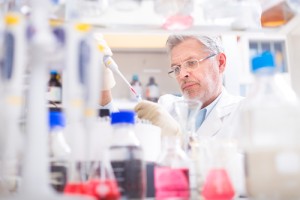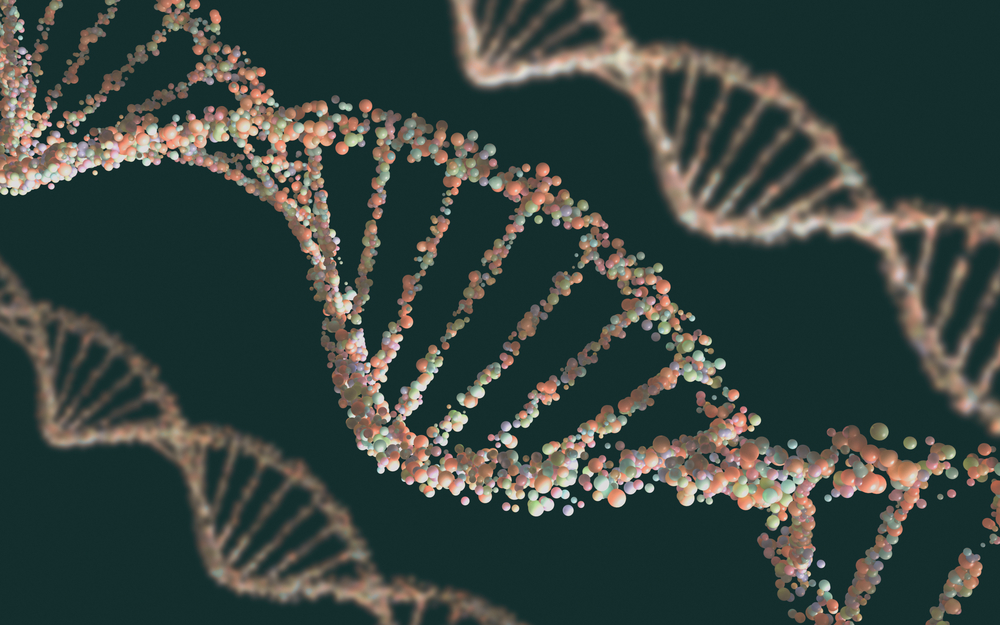 While hepatitis A has a wide range of available treatment options, not all patients are cured of the disease. A recent study from the Aarhus University in Denmark attempted to understand this phenomenon. A team of researchers discovered the resistance to treatment is related to genetic factors, which may influence the treatment of the disease thought to be caused by a preexisting hepatitis C virus infection. The study, titled, “Reduced IFNλ4 activity is associated with improved HCV clearance and reduced expression of interferon-stimulated genes” is published in the journal Nature Communications.
While hepatitis A has a wide range of available treatment options, not all patients are cured of the disease. A recent study from the Aarhus University in Denmark attempted to understand this phenomenon. A team of researchers discovered the resistance to treatment is related to genetic factors, which may influence the treatment of the disease thought to be caused by a preexisting hepatitis C virus infection. The study, titled, “Reduced IFNλ4 activity is associated with improved HCV clearance and reduced expression of interferon-stimulated genes” is published in the journal Nature Communications.
The body’s immune system protects the body against viral infections but is different in each individual, with one’s genetic make-up determining one’s capacity to fight off these infections. There are genes that can help the immune system, but also interfere with medical interventions. Given this, the researchers were able to observe why some immune systems become resistant to antiviral medication, making it harder for healthcare providers to cure hepatitis, and predispose these patients to liver cancer.
The investigators from the Aarhus University discovered that the different therapeutic responses of patients to treatment is associated to one’s genetic heritage. They concluded that, surprisingly, variations in human genes responsible for interferon lambda 4 protein (IFNL4) determine whether or not a patient will respond to antiviral treatments. IFNL4 is from the interferon family of proteins, and is able to interfere with viruses.
“Our research shows that genetic mutations that reduce the activity of the interferon lambda 4 protein provide patients with a considerably better chance of recovering from the infection,” explained Run Hartmann, an associate professor of the Department of Molecular Biology and Genetics at the Aarhus University. “Or to put it another way, a functional interferon lambda 4 protein is harmful during an infection with HCV. This is paradoxical because IFNL4 is an essential part of our immune defence against viral infections, and should therefore have a positive effect.”
IFNL4 works to help fight viral infections activating a cellular pathway, influencing the cells’ resistance to the virus. The scientists observed its antiviral activity in the laboratory, and found that it behaves in every way like any other member of the interferon family. This means that despite IFNL4 antiviral properties in the lab, it has opposite effects in the patients. In the face of this paradox, the researchers believe “that interferon lambda 4 confuses other parts of the immune system and that HCV is able to exploit this,” said PhD student Ewa Terczynska-Dyla, who also participated in the research project.
In addition, the findings of the research team suggest that the development of new therapies for hepatitis based on the individual genome is possible; either by focusing on specially formulated IFNL4 medication, or a normal treatment capable of adapting to the patient’s fully functional, reduced, or no activity IFNL4 genes. The investigators are going to continue with further studies in order to better understand the main mechanisms that impact the interferon lambda genes and their capacity to fight hepatitis A caused by HCV.

